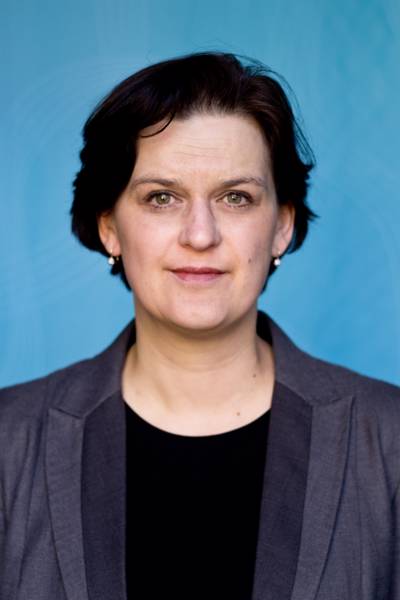Abstract: This article presents a discourse analysis of 23 interviews with local Bosnian health workers at 2 different psychosocial centers. The main premise for the study is based on the acknowledgment that many victims of war rape will choose to remain silent about their ordeals, and studies of this particular war phenomenon must therefore be based, in part, on other local voices in the field. The main focus is on the ways in which the health workers describe their work with victims of sexual violence in the Bosnian war and postwar settings. Through their descriptions we gain unique insight into how the issue of war rape was addressed and dealt with at a local level. Further, on a general level, the study shows that the impact of sexual violence in war varies according to context, an insight that has implications not only for our general understanding of the phenomenon, but also in the use of particular therapy methods. These therapy methods must balance between the assumptions that there are universal effects of sexual violence that cut across various contexts and cultural relativism that assumes the opposite.
Skjelsbæk, Inger (2006) Therapeutic Work With Victims of Sexual Violence in War and Postwar: A Discourse Analysis of Bosnian Experiences, Peace & Conflict: Journal of Peace Psychology 12 (2): 93–118.






